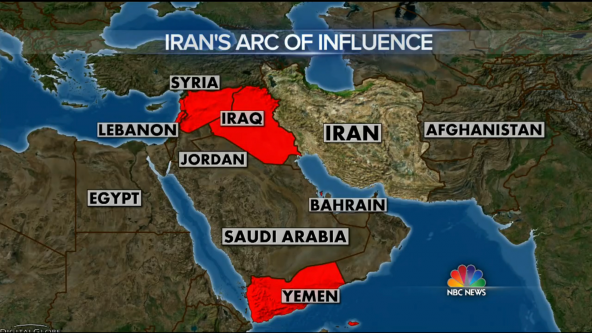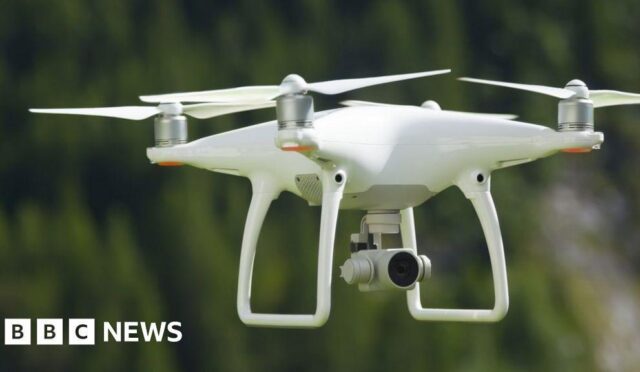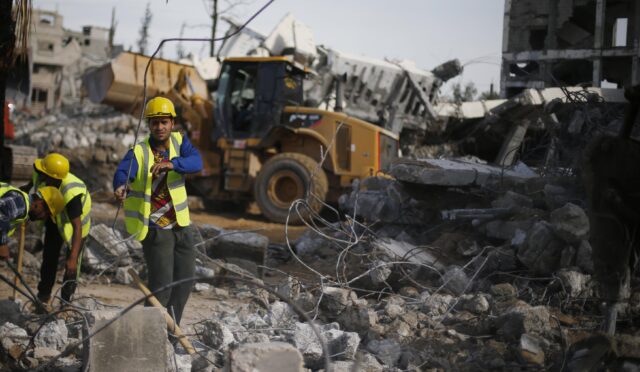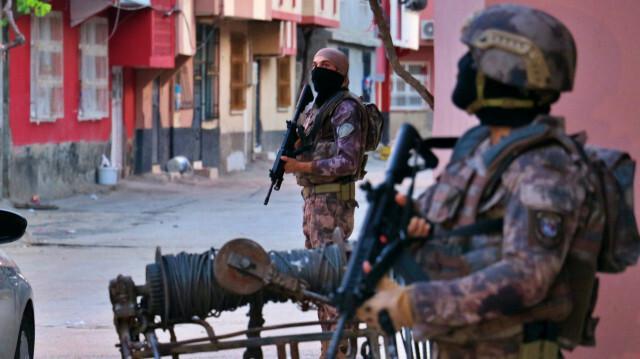Jordan’s Stability and the Shadow of Iranian Influence
The stability of Jordan stands as a pivotal element for peace in the Middle East, aligning closely with U.S. interests and any prospective discussions surrounding Palestinian statehood. Recent actions by the U.S., particularly those undertaken during Donald Trump’s presidency, signify a marked shift in policy towards countering Iranian influence and support for regional terrorist factions. As Iran’s proxy forces endure setbacks from Israeli military operations, attention must now pivot towards where Iran seeks to establish its presence next: Jordan and the West Bank.
Over the last couple of years, Jordan has played an essential yet often overlooked role in mitigating Iranian threats. The Jordanian monarchy has actively participated in collective defense strategies against Iranian assaults on Israel and has taken decisive measures along its border with Syria to curtail the smuggling of captagon, a dangerous drug propagated by Iranian proxies. Recognizing Jordan’s courage and its contributions to U.S. counterterrorism goals is crucial as the monarchy navigates a treacherous neighborhood.
Iran’s Calculated Moves in the West Bank
Iran has systematically supplied sophisticated weaponry to the West Bank through a network involving proxy groups, criminal organizations, and Bedouin tribes for several years, with the intent of orchestrating an attack similar to Hamas’ infamous strike on October 7. Documents seized by Israeli forces in Gaza corroborate these strategies. Furthermore, Iran’s Supreme Leader has publicly identified the West Bank as a “major battleground” against Israel, highlighting a shift in focus. The U.S. intelligence community has taken note of this, confirming that Hamas remains significantly more popular in the West Bank than in Gaza, particularly in comparison to the Palestinian Authority.
Amid regional turbulence, Iran is keenly focusing on Jordan and the West Bank, where Hamas enjoys considerable grassroots support. Tehran aims to leverage this sentiment to challenge the Jordanian monarchy. With Iranian investments and the growing influence of groups like Hamas within Jordan, if the West Bank were to destabilize, it would pose a grave crisis not just for Israel but for all U.S. allies in the region. Unlike Gaza, where Israel has had no recent military presence, the West Bank remains under stringent Israeli security measures, with forces routinely thwarting potential terrorism plots. However, this is proving insufficient against the advancing threat posed by Iran.
A Strategic Response Required
The future of regional peace and U.S. interests, particularly concerning hostage negotiations and nuclear discussions, now depends on a recommitment to the situations in the West Bank and Jordan. Achieving this requires an approach grounded in three pivotal strategies. Firstly, enhancing collaboration between Israel and Jordan is essential for confronting and neutralizing increasing terrorist threats. Secondly, it is imperative that the U.S. provides Jordan with necessary military and counterterrorism resources to ensure its internal stability and curb Iranian influence. Lastly, one of the more challenging aspects will be to ensure that efforts in the West Bank do not derail the broader dialogue on Palestinian statehood.
Building a more resilient Jordan and West Bank—one that is insulated from Iranian manipulation—emerges as a critical lesson from the October 7 attack. This strategy might not only serve as a bulwark against Iranian interference but could also foster a meaningful dialogue on Palestinian self-determination that has been long in the making.
Collective Action for Regional Stability
Bolstering security in the West Bank, despite its undeniable significance for regional stability, represents one of the greatest challenges today. Navigating the complex reality of Palestinian civilian life mirrors the difficulties faced when contemplating Gaza’s future. The aftermath of the recent conflict underscores the importance of coordinated, subtle actions by regional partners to repel Iranian threats. These alliances proved effective during Iran’s aggressive moves in April and October and will be crucial in addressing the ongoing threats Iran poses in both the West Bank and Jordan.
As the stakes continue to rise, embracing a united front with regional allies will be essential to thwarting Iranian ambitions and safeguarding the peace process. Collaboration may well hold the key to ensuring not only the safety of Israel but also the stability of its neighbors, thereby reinforcing a foundation for long-term peace in the entire region.







